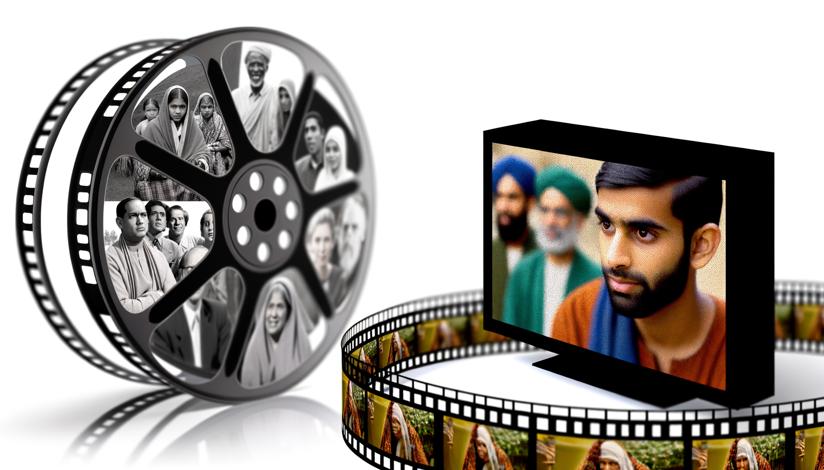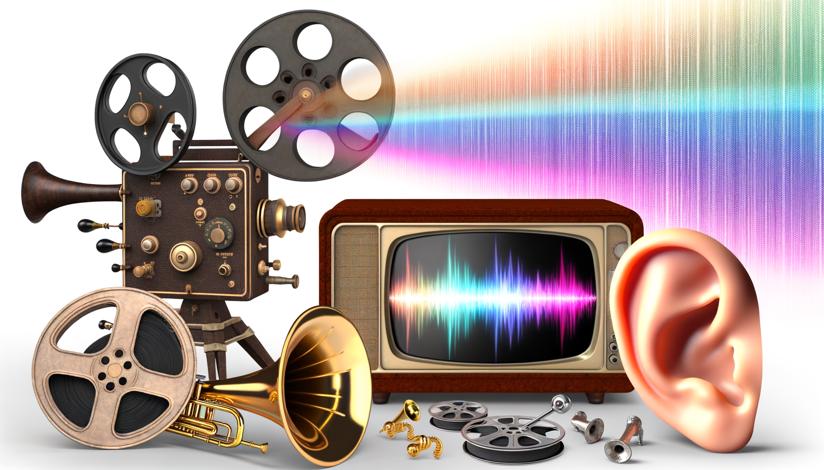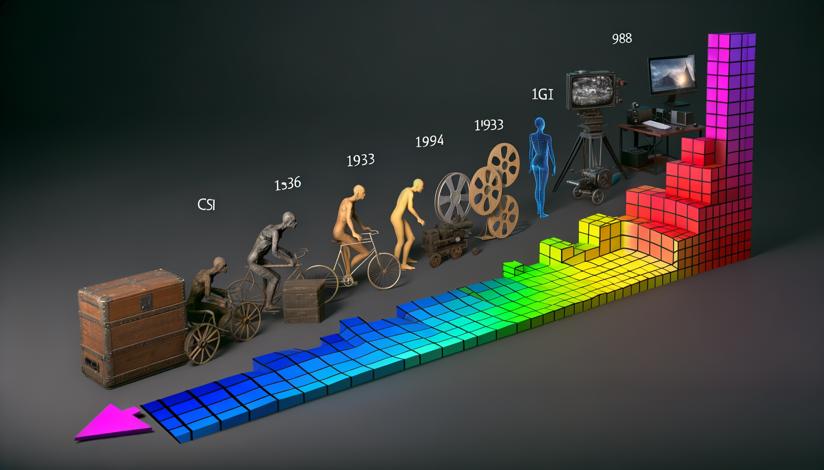

Film is known for its visual storytelling. Directors have the freedom to use various elements such as cinematography, lighting, and production design to create a visually stunning narrative. The big screen allows for larger-than-life experiences that can immerse the audience in the world of the story.
On the other hand, TV shows have the advantage of longer storytelling. With multiple episodes and seasons, TV shows have more time to develop characters and plotlines. This longer format enables deeper exploration of the story, allowing for more complex and nuanced narratives.
Another advantage of TV shows is the potential for audience engagement. With a weekly release schedule, TV shows can generate anticipation and discussion among viewers. The episodic nature also allows for cliffhangers and plot twists that keep audiences hooked.
However, films can deliver a complete story in one sitting, without the need for extended commitment. This can be appealing to viewers who prefer a concise and self-contained narrative. Films also have the advantage of a larger budget, allowing for high-production value and big-name actors.
In terms of the target audience, there is a distinction between film and TV shows. Films are often created with a wide audience in mind, aiming for a theatrical release that can attract a broad range of viewers. TV shows, on the other hand, can cater to specific interests and demographics with niche genres and themes.
Overall, it is difficult to determine which medium tells a better story as both film and TV shows have their unique strengths. While film excels in visual storytelling and creating immersive experiences, TV shows offer longer and more in-depth narrative possibilities. The choice between the two ultimately depends on the preferences and interests of the audience.
As with any form of entertainment, personal taste and subjective opinions play a significant role in determining the preference for film or TV shows as storytelling mediums. Some viewers may prefer the excitement and spectacle of films, while others may enjoy the character development and long-term investment of TV shows.
In conclusion, film and TV shows each have their own merits when it comes to storytelling. While film offers visual spectacle and concise narratives, TV shows provide deeper exploration and engagement. Ultimately, the better medium for storytelling depends on the individual's preferences and the specific story being told.

Visual storytelling
Longer storytelling

Requires extended commitment
Less visual spectacle














-
https://www.nytimes.com/2021/05/27/movies/film-vs-television-new-age-of-golden-streams.html
-
https://www.indiewire.com/2019/02/tv-vs-film-writing-1202046596/




























